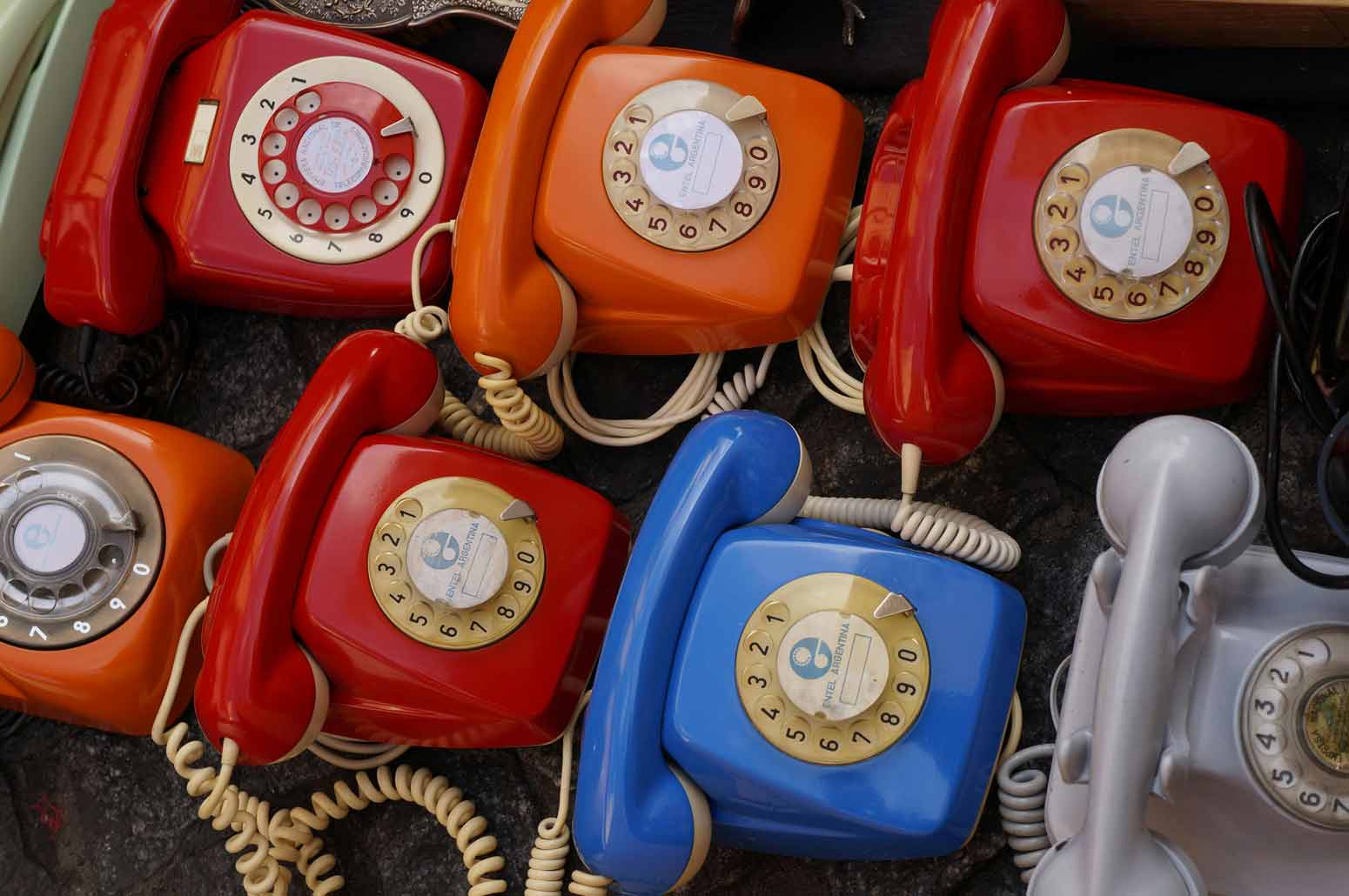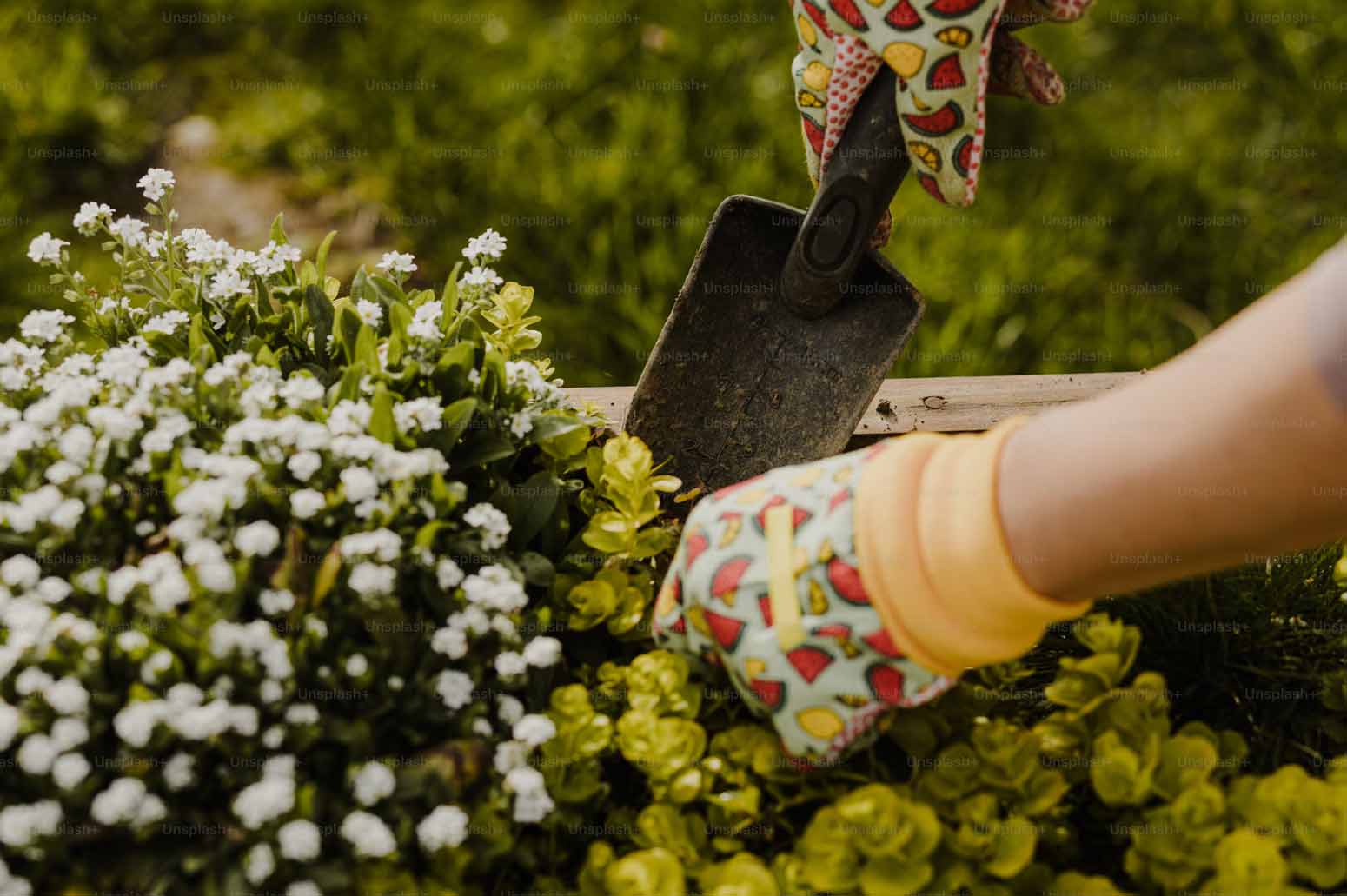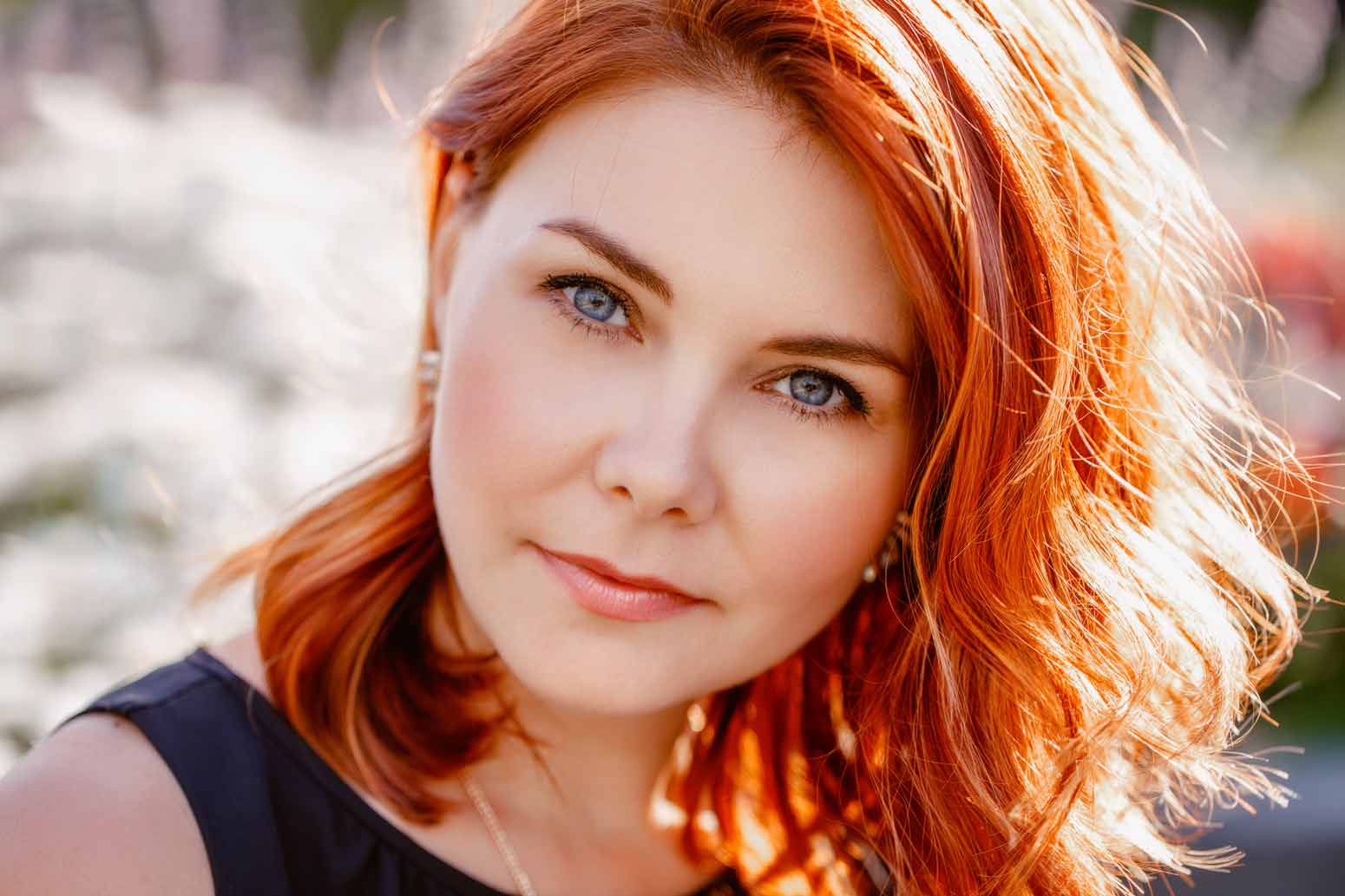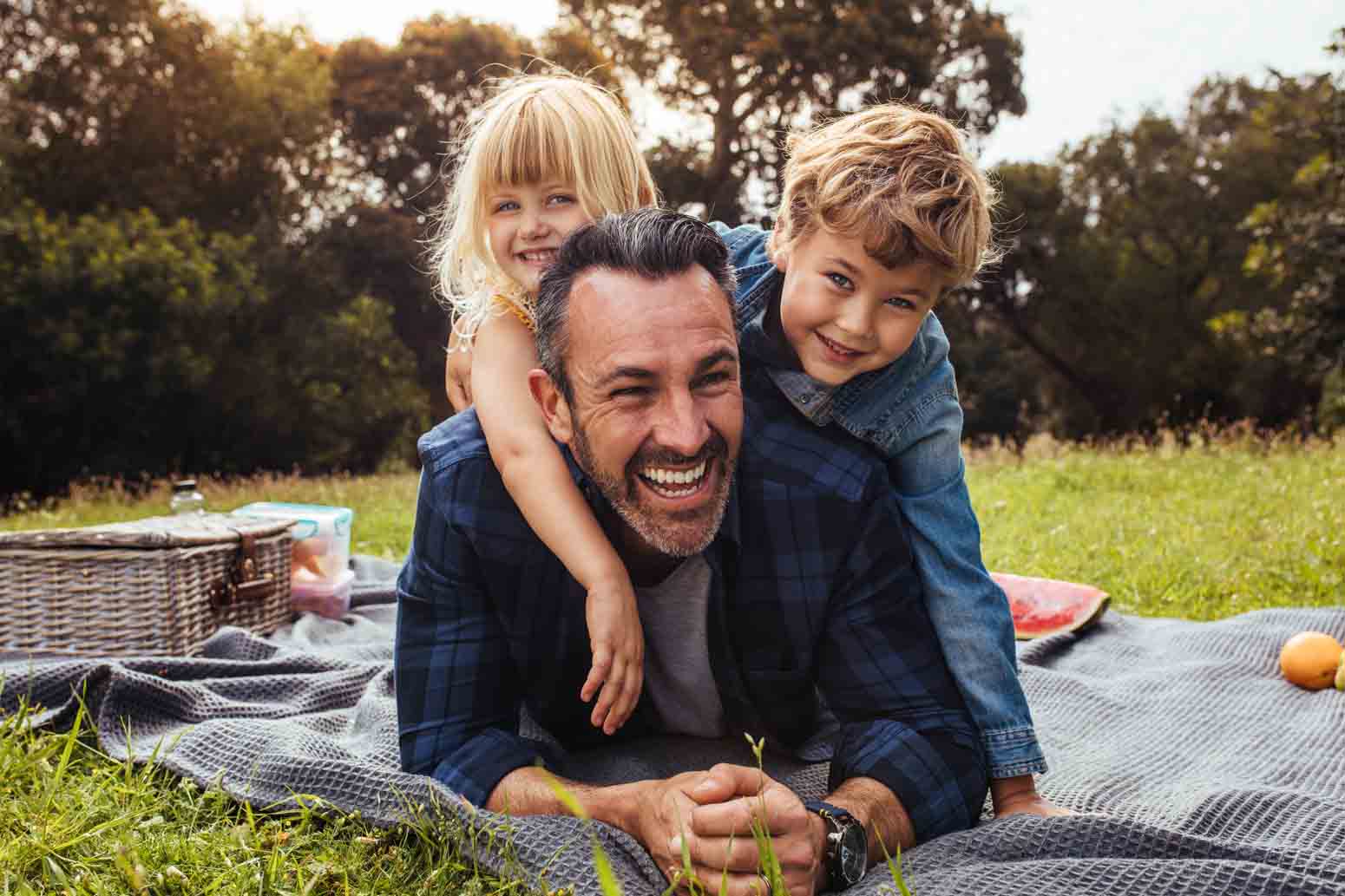My caregiving roles overlapped and tangled. My mom moved in with us, slipping further into dementia. And then we heard these heart-stopping words from my husband’s doctor: “It’s cancer.”
The season as caregiver for my mother was challenging. She was negative. And distrustful. She was sure my husband, Gary, and I were stealing her money. This wasn’t the woman who reared us kids with courage and imagination, who told us we could be anything God wanted us to be.
There were plenty of fun memories mixed in with the challenge, though. Mom and I held a weekly Girls’ Movie Night. Little Women, Sleepless in Seattle, and Roman Holiday were among her favorites. Nearly every evening after the dinner dishes were done, we walked in our woodsy neighborhood. She delighted in the wildlife scurrying out of our way—squirrels, quail, deer. I worked nine-hour days so I could be off at noon on Fridays to take her to lunch, on errands, and to medical appointments.
As my mother slipped further into this heart-breaking disease and couldn’t be left alone, my brothers intervened and came up with an alternate plan that would allow me to focus on being Gary’s caregiver. It was timely, this intervention. But I would do those dementia caregiving years over again. Only, I’d do them better.
The cancer years started out bleak. It was cancer on top of dementia, caregiving on top of financial reversals, on top of his job loss. Gary simply shut down. Nearly a year later, he finally opened up about his fears and anxieties of leaving me in a not-so-great financial situation. Numerous conversations later, a lightness returned to him. We became proactive with better self-care, getting plugged into community, and adjusting our attitudes. And we brainstormed about the possibility of finding purpose by sharing our story.
I would do those dementia caregiving years over again. Only, I’d do them better.
Cancer caregiving during that season involved the busy work of establishing a non-profit, booking speaking engagements, and keeping board meeting minutes. Caregiving back then included hiking and snowshoeing together, attending all Gary’s medical appointments, taking copious notes, and being his head cheerleader.
And then cancer took a sharp left turn. And the medical appointments now included chemo to slow down cell growth. And radiation to manage bone pain. Caregiving meant sitting for hours beside my husband through infusions. Occupying waiting areas during surgeries and medical procedures. Hanging out with him in multiple hospital rooms. Flushing nephrostomy tubes and emptying urine bags. Changing clothing and sheets and dressings. Massaging lymphedema-swollen legs. And one night, administering morphine through his port every few hours until a room opened up in Hospice House.
Caregiving was loving and cherishing my husband more deeply in those last months and weeks and days as his life slowed down and ended with a final jagged breath.
Providing care to our loved ones is a high and holy calling. And there can be a tendency to sling on our superhero capes. And maybe even our superhero tiaras and magic-powered boots.
There can be a tendency to not take care of ourselves. To not accept help when it’s offered because we don’t want to inconvenience anyone. And certainly to never ask for help, God forbid we should be so weak.
But maybe we ought to remove our superhero capes and take better care of our bodies, souls, and spirits. Maybe we could accept the startling, unexpected grace of people loving on us as we travel this long, uncertain caregiving journey.
Maybe we should let God be the superhero, and by that I mean the One who holds us as we hold our loved ones. The One who knows the number of hairs on our heads and freckles on our faces and dollars in our diminishing bank accounts. The One who has counted all our tears and heard every prayer we’ve ever whispered. The One who doesn’t always answer our prayers as we want them answered but who always and only chooses for our highest good. Even when it doesn’t seem that way. Always. Our highest good.
Maybe we ought to remove our superhero capes and take better care of our bodies, souls, and spirits. Maybe we could accept the startling, unexpected grace of people loving on us as we travel this long, uncertain caregiving journey.
This thought from Ashley Davis Bush: “We live in a world that doesn’t like pain. We, too, might be tempted to turn from it, to keep the stiff upper lip. But grief asks us to touch pain, to sit with pain and to ask it to tea.”
I have touched pain and sorrow. I’ve sat with it, shared my Chai tea with it. And I have come away from the encounter with more compassion, more grit and grace.
Back when Gary was on chemo, he was cold all the time. I’d warm a fleece blanket in the dryer and drape it over him as he occupied the hospital bed in our living room. With each warm-blanket offering, he’d groan in utter bliss.
If being with our pain and sorrow is brave, then perhaps we could wrap that courage around us like a fleece blanket warm out of the dryer. And maybe we could remove our super hero capes and invite the wash of love from our friends and family as we continue forward on this noble, sweet, heart-wrenching caregiving path.
—
For more articles on true love and strong women, start here:
Does God Really Love Us?
When Bearing Their Burden Breaks You
On Courage: Strong People Have Weak Moments
Ask Dr. Zoe – How to Address My Loved One’s Failing Health
This Is How a Good Friend Prays
Don’t miss these popular articles:
Tired? Overwhelmed? 4 Guilt-Free Reasons to Say “No”
3 Ways Positive Self-Talk Can Improve Your Life
Are You Missing Your Purpose While Searching for It?
4 Reasons Why Being Selfish Is Best for Everyone
Words of Encouragement From a Cancer Survivor
#gritandgracelife
You’ll love this podcast episode from This Grit and Grace Life: Julie Graham’s Untold Story of Heartbreak, Healing and Hope – 101!













